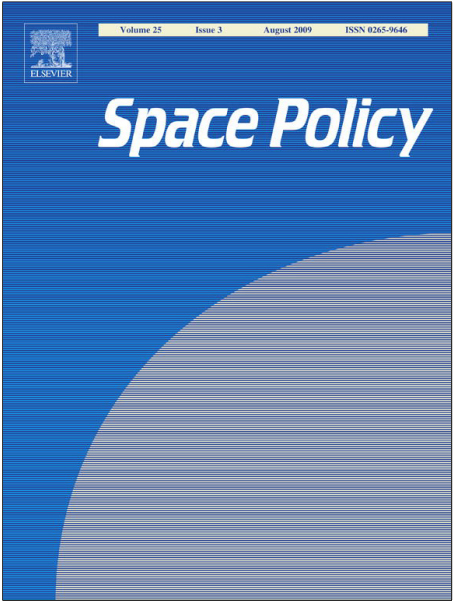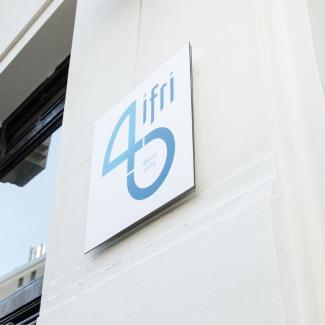European space governance: the outlook.

For the third year in a row, the Paris-based French Institute of International Relations (IFRI), and the Secure World Foundation (SWF) joined together to organise their annual space conference. The event took place in Brussels on 13 September 2011, under the banner "European space governance: the outlook". This report summarises the main outputs of this event.

Available in:
Regions and themes
Share
Find out more
Discover all our analysesChina-Russia Cooperation in Space: The Reality behind the Speeches
China-Russia cooperation in space has been increasing for the past two decades. This cooperation accelerated after the Crimea crisis in 2014 and culminated with the announcement in 2021 of the joint construction of the International Lunar Research Station (ILRS).
Space in a Changing Environment: a European Point of View
The development of European space activities has long been pursued under the framework of the European Space Agency and other national space agencies. More recently, the emergence of the European Union as a new actor for space has paved the way for a series of initiatives and opportunities.
The Use of Space for Maritime Security in Europe
The EU is currently developing a Maritime Security Strategy. Space should be integrated in that effort, given its potential for maritime surveillance.
Space Weather and NEOs in the European Space Policy
Although often overshadowed by a focus on security concerns, Space weather and NEOs are important elements of Europe’s SSA program.









